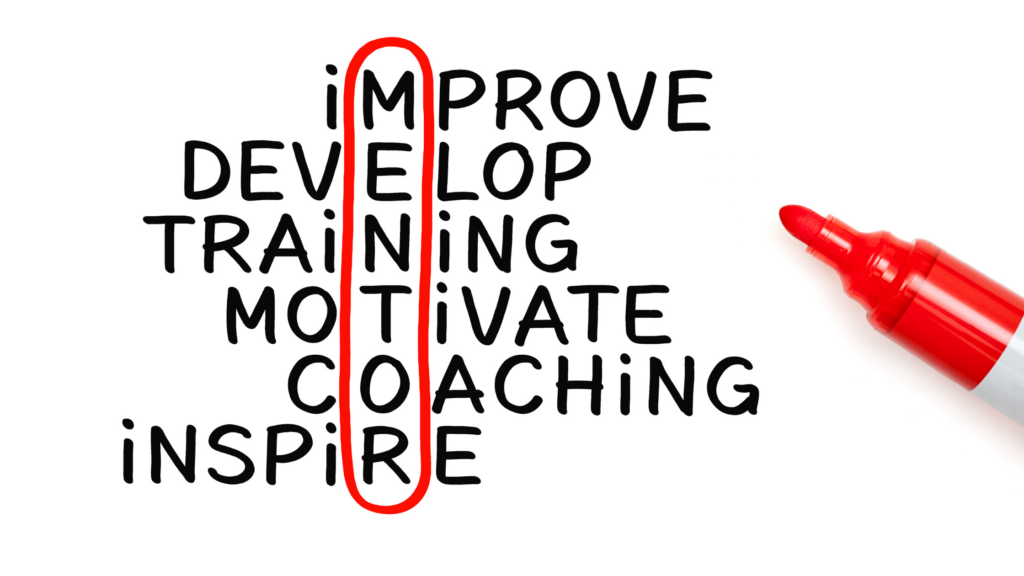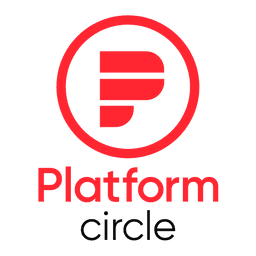Have you been struggling with the idea of finding a mentor? This post will explain who a mentor is and how you can find one.
Mentorship presents you with a wide array of benefits. The benefits are numerous, from supporting your goals to providing you with the knowledge you need to rise and serve as a means of accountability. A Sun Microsystems study revealed that employees with access to mentorship had a five times better chance of getting promoted at work than their counterparts without mentorship.
The statistic mentioned above is just a reflection of how important mentorship is. Interestingly, mentorship is just as beneficial to the mentor as it presents opportunities for them to improve at what they do. This post, however, will focus on describing who a mentor is and how you can find one.
Who Is A Mentor?

The word “mentor” has become so popular in the twenty-first century. Unfortunately, while people frequently throw this word around, not many understand what it truly means. We will set the foundation for this blog post by defining who a mentor is.
A mentor is someone who has gained knowledge in a particular field and is willing and able to impart that knowledge and expertise to another person. The receiver of the knowledge is known as the mentee, and they are usually less experienced in the field where the knowledge is being conveyed.
Looking at the mentorship relationship critically, you will realize it is mutually beneficial. The mentee gains knowledge and expertise while the mentor hones their mentoring abilities. It is a win-win for everyone involved as long as they stand by the tenets of the mentorship relationship.
At this point, it is important to highlight certain misconceptions about mentorship. Here are a few things that a mentor is not:
- A mentor is not a coach or teacher: While the mentorship relationship allows the mentee to learn from the mentor, the latter is not a coach or teacher. The mentor’s responsibility is to impart knowledge without being paid, unlike a coach or teacher who gets remuneration for their service. Also, mentorship thrives on the mentee working hard to cultivate the relationship to foster knowledge impartation. Finally, mentorship does not have a time frame, unlike coaching or paid teaching, which is time-bound.
- A mentor is not a therapist: Your mentor will provide advice when needed. However, you should not treat them as your therapist. You should not discuss issues outside what you are trying to gain knowledge about during your mentorship sessions. If you need someone who will not judge but provide therapeutic advice, then you should sign up for therapy.
- A mentor is not a financier: Your mentor is not your source of funding for your next entrepreneurial endeavor. They are likely more financially buoyant, but that does not mean you have to ask them to fund your business or any other aspect of your life.
- A mentor is not a companion: Finally, your mentor is someone you should confide in for personal issues. The only way you can is if you have a relationship beyond mentorship or the personal issue is related to your mentorship process. Otherwise, you should find a companion rather than trying to convert your mentor into one.
Finding The Right Mentor
If you are looking to achieve certain goals, develop new skills, or rise in a certain profession, you should consider mentorship. Did you know that 79% of all millennials consider mentoring essential to succeeding in their careers? If this is the case, then it is essential that you not only begin a mentorship relationship but also find the right mentor.
Below are important steps that will guide you to finding the right mentor you need to succeed:
Consider if you truly need a mentor
Let’s be factual, not everyone needs a mentor at the stage in which they find themselves. Sometimes, people need a teacher, coach, financier, or therapist. You need to take some time to reflect on what best suits you before taking the step to finding a mentor. Here are a few things that you should do:
- Consider your personal attributes.
- Take a critical look at your current goals.
- Ask yourself if you are able to handle feedback objectively.
Your answers to these questions will tell you if you need a mentor. If you do, you can continue with the following steps.
Write down your mentorship needs
Now that you know you need a mentor, the next step is to identify and document your mentorship needs. Ask yourself this simple question: “Why do I need a mentor?”
As you answer this question, you should jot down your mentorship goals. These goals give you a picture of what you should gain from the relationship. They will also be key in helping you identify the best individual to help you achieve the set goals.
Create a list of individuals you admire
With your goals set, it is time to outline your mentorship candidate list. For example, if you need a career mentor, you should consider writing down a list of individuals within your industry who could perfectly fit as your mentors.
A good way to begin creating your list is to look within your network first. Mentorship is sweeter when you find the right mentor within your network, and breaking the ice is usually less difficult. Go through your connections, phone book, professional networking website, or speak to people you believe can suggest potential mentors.
While looking for individuals, outline a list of qualities you expect them to possess. This will help you reduce your list objectively. What if you cannot find a person within your network? It is time to explore other options. Such options include attending industry events, joining professional organizations, and conducting extra research online.
Prepare your pitch
Finding the right mentor is one thing; accepting you as their mentee is a different ball game. To convert a prospect into an actual mentor, you need to convince them. Remember, these individuals probably have a lot on their hands. As such, adding you to their to-do list would require some wooing.
Prepare a pitch that shares your mentorship goals, expectations, milestones that you hope will help you achieve, and most importantly, why you think they should mentor you. You should also include the potential time commitment for this relationship in your pitch.
The goal of the pitch is to show the mentor what they are getting themselves into and whether it is worth their time. At this point, we should tell you that you may get rejected a couple of times, but that should not discourage you. Just move on and speak to someone else on your list. Soon, one of the potential mentors will accept you under their wing.
Meet and explain your interest
Now that your pitch is ready, it is time to meet with your potential mentor. You can email or call them to let them know that you need to meet.
Once you get the opportunity to meet, share your pitch and explain your interest. Remember that mentorship is a two-way street, so it is important to share with them how the relationship will also benefit them. They will probably ask you several questions. Be prepared to answer any questions that may be thrown at you.
Again, the fact that you meet with a potential mentor does not mean that they would accept you. If they don’t accept you, don’t be distraught. Instead, ask them politely if they can suggest someone else who can be your mentor.

Platform Circle: The Perfect Mentorship Ally
Technology has provided various tools that help make mentorship easier and more productive. One such tool is Platform Circle. This tool is designed to help you optimize your key relationships and includes various accountability, project management, and collaboration tools.
One of Platform Circle’s standout features is its mentorship feature, known as the “Mentorship and Accountability Partner Access.” With this tool, you can share your mentorship vision with your mentor. It also allows you to invite your mentor into your circle and assign special roles to them. Doing this allows them to access your tasks and files so that you can be accountable to them. Finally, the tool helps you find the best times to meet with your mentors.
Conclusion
This post has revealed who a mentor is, the importance of mentorship, and how to find the right mentor. The role of mentorship in your development cannot be overemphasized. With technology, mentorship can be more efficient and effective. Platform Circle offers you a feature that helps improve the quality of your mentorship relationship. Are you ready to access this feature? Begin now by signing up here.




